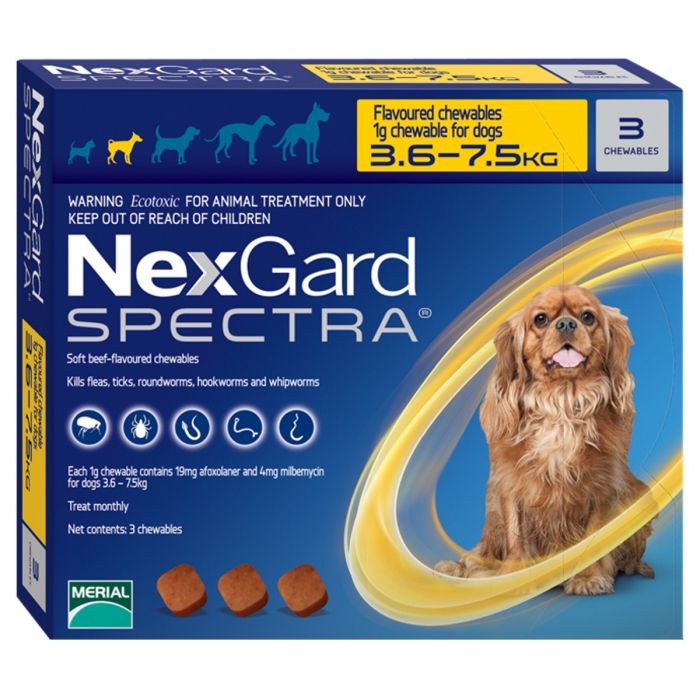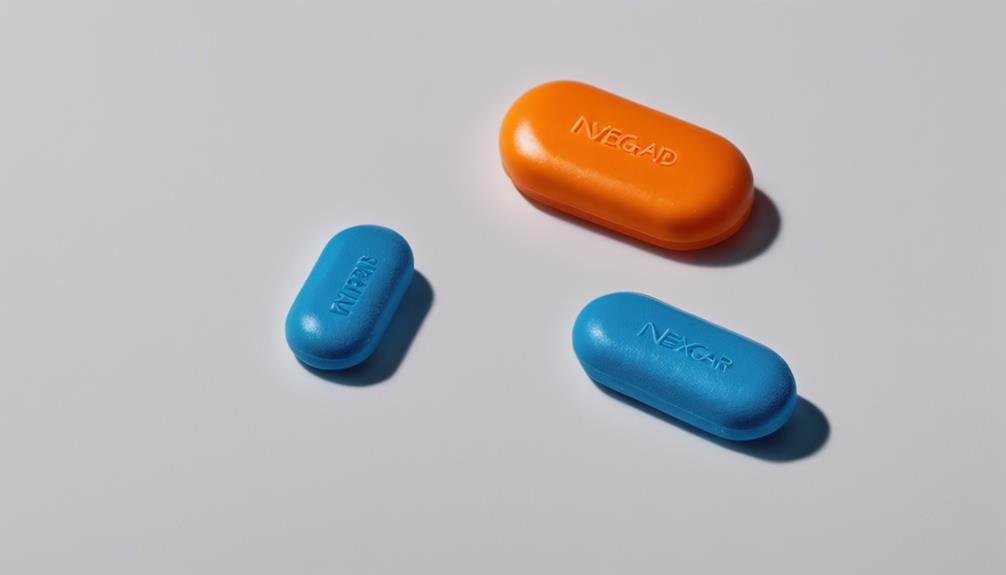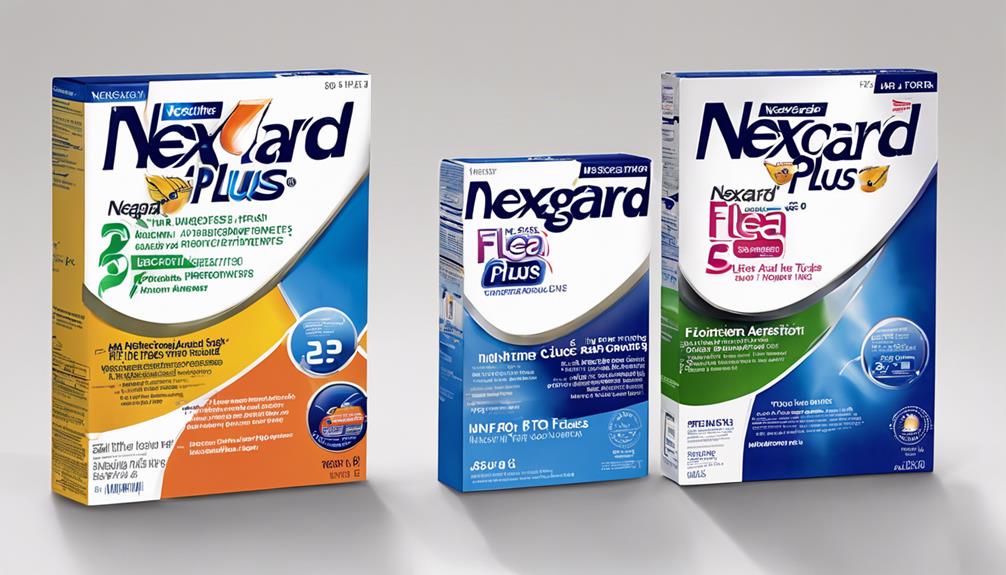Does Nexgard Kill Flea Eggs
Are you searching for effective solutions to tackle flea infestations in your pets? Understanding how products like Nexgard work against fleas and their eggs is crucial for effective pest control. In this article, we delve into the question, “Does Nexgard Kill Flea Eggs?” Exploring the science behind Nexgard’s mechanism of action against fleas and their life stages can provide valuable insights for pet owners seeking comprehensive flea prevention strategies. Join us as we uncover the facts about Nexgard and its efficacy in combating flea eggs, helping you make informed decisions for your pet’s health and comfort.
Key Takeaways
- Nexgard prevents flea eggs from hatching by stopping their development.
- Afoxolaner in Nexgard is absorbed into the bloodstream and transferred to fleas.
- The active ingredient in Nexgard interferes with flea egg development.
- Using Nexgard regularly helps control flea populations by disrupting egg hatching.
- Implementing a comprehensive prevention plan with Nexgard reduces flea infestation.
Understanding Flea Life Cycle
Understanding the flea life cycle can help you effectively combat these pesky parasites. Fleas go through four life stages: egg, larva, pupa, and adult. Flea eggs are tiny, white, and almost invisible to the naked eye. They typically fall off your pet onto surfaces like carpets, bedding, and furniture.
In optimal conditions, eggs hatch into larvae within a few days. Flea larvae avoid light and feed on organic debris, developing into pupae within 5-11 days. The pupae then form cocoons, where they can stay dormant for weeks to months. Once the flea is ready, it emerges as an adult to find a host, like your pet, to feed on and reproduce.
Understanding this cycle is crucial because many flea treatments only target specific stages. By disrupting the life cycle at multiple points, you can effectively eliminate fleas from your environment and prevent reinfestation.
How Nexgard Kills Adult Fleas
Nexgard effectively eliminates adult fleas by targeting their nervous system and disrupting their ability to survive and reproduce. When a flea ingests Nexgard, the active ingredient, afoxolaner, interferes with specific receptors in the flea’s nervous system. This interference leads to hyperexcitation, paralysis, and ultimately death in adult fleas.
Once a flea has consumed Nexgard, the afoxolaner quickly gets absorbed into the flea’s bloodstream. As the flea moves and feeds on your pet, the afoxolaner starts working within hours. Adult fleas that come into contact with your pet shortly after Nexgard administration will be affected, leading to a rapid reduction in the flea population on your furry friend.
Effectiveness Against Flea Eggs
To further address the impact of Nexgard on flea populations, it’s important to consider its effectiveness against flea eggs. Nexgard, a popular flea and tick treatment for dogs, primarily targets adult fleas but also disrupts the flea life cycle by preventing flea eggs from hatching.
Once your dog ingests Nexgard, the active ingredient, afoxolaner, is absorbed into their bloodstream. When fleas feed on your dog’s blood, the afoxolaner is transferred to the fleas, ultimately leading to the cessation of flea egg development.
Nexgards Impact on Flea Infestation
When combating flea infestation, consider Nexgard’s impact on disrupting the flea life cycle. Nexgard, a popular oral flea and tick treatment for dogs, contains afoxolaner, which targets adult fleas by overstimulating their nervous system, leading to paralysis and death. By effectively killing adult fleas before they can lay eggs, Nexgard plays a crucial role in breaking the flea life cycle and preventing further infestation in your furry friend and household.
One key advantage of Nexgard is its rapid action, with adult fleas starting to die within hours of administration. This quick knockdown effect helps in reducing the flea population on your pet and in your home, providing relief from itching and discomfort caused by flea bites. Additionally, by preventing new flea eggs from being laid, Nexgard helps in controlling the spread of fleas in your environment, ultimately leading to a significant decrease in flea infestation over time.
Tips for Complete Flea Control
For complete flea control, it’s essential to implement a comprehensive prevention plan that targets both your pet and its environment. Start by regularly using flea preventive treatments like Nexgard to protect your pet from fleas. These medications can kill adult fleas and prevent new infestations. Additionally, ensure your home is clean and vacuumed regularly, especially areas where your pet spends time. Wash your pet’s bedding frequently in hot water to eliminate any flea eggs or larvae. Consider using flea sprays or powders in your home, focusing on carpets, furniture, and pet bedding.
Regular grooming and bathing of your pet can also help in controlling fleas. Use a flea comb to remove adult fleas and eggs from your pet’s fur. Remember to dispose of any collected fleas properly. If you have a severe flea infestation, consult your veterinarian for advice on more aggressive treatment options. By combining these strategies and staying consistent with preventive measures, you can effectively control and prevent fleas from infesting your pet and home.
Frequently Asked Questions
Can Nexgard Be Used on Puppies and Kittens to Prevent Flea Infestations?
You can use Nexgard on puppies and kittens to prevent flea infestations. It’s effective for protecting your pets from fleas. Remember to follow dosage instructions and consult your veterinarian for the best advice.
Does Nexgard Have Any Known Side Effects on Pets?
You should be aware of potential side effects when using Nexgard on pets. While effective in killing fleas, some animals may experience reactions. It’s essential to monitor your pet carefully after administering the treatment.
How Often Should Nexgard Be Administered for Optimal Flea Prevention?
For optimal flea prevention, administer Nexgard monthly. It’s crucial for protecting your pet from fleas. Regular use ensures continuous effectiveness. Remember, consistency is key in safeguarding your furry friend from these pesky parasites.
Are There Any Potential Interactions Between Nexgard and Other Medications or Supplements?
When considering potential interactions between Nexgard and other medications or supplements, it’s essential to consult with your veterinarian. They can provide guidance on any possible conflicts or issues, ensuring your pet’s safety.
Can Nexgard Be Used in Conjunction With Other Flea Prevention Methods, Such as Flea Collars or Sprays?
You can use Nexgard in combination with other flea prevention methods like collars or sprays. It is important to consult your vet for guidance on the best approach for your pet’s specific needs.
Conclusion
In conclusion, Nexgard effectively kills adult fleas but may not directly target flea eggs.
However, by breaking the flea life cycle and preventing new infestations, Nexgard can still play a crucial role in controlling flea populations.
To ensure complete flea control, it’s important to use Nexgard consistently and combine it with other preventive measures such as regular cleaning and treating your pet’s environment.








